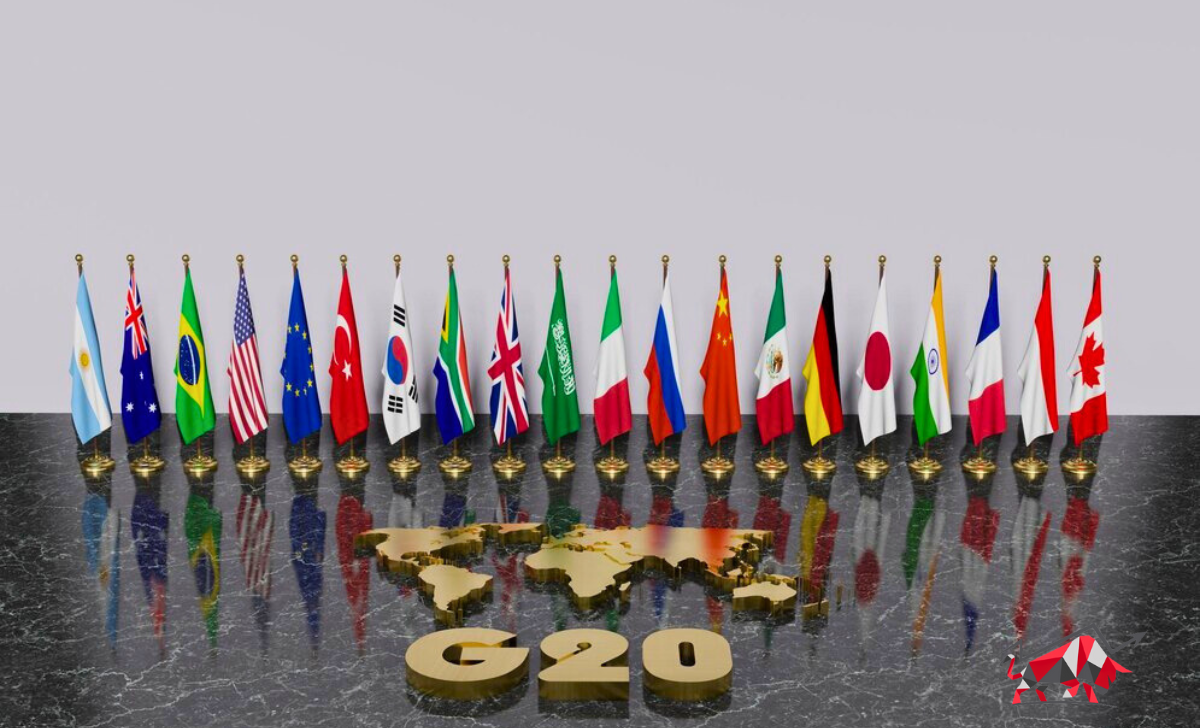The Group of Twenty (G20), a pivotal intergovernmental forum representing 19 sovereign nations, the European Union, and the African Union, achieved a historic consensus during their meeting in Marrakesh, Morocco. The G20 unanimously adopted the “G20 Finance Ministers and Central Bank Governors Communique,” laying the foundation for a unified global approach to crypto regulation.
The G20 endorsed the regulatory roadmap outlined in a joint Synthesis paper crafted by the International Monetary Fund (IMF) and the Financial Stability Board (FSB) in September. The G20’s official statement emphasized the urgent need for coordinated implementation of the G20 Roadmap. This implementation includes the establishment of policy frameworks, extending outreach beyond G20 jurisdictions, fostering global coordination, cooperation, and information sharing, and addressing critical data gaps within the crypto sphere.
G20 and IMF Looking to Create Good Crypto Regulations
The IMF-FSB Synthesis Paper advocates for a nuanced approach, focusing on comprehensive supervisory oversight of crypto assets rather than an outright ban. High-level recommendations encompass cross-border cooperation and information exchange among regulatory bodies, the enforcement of robust governance and risk management frameworks for crypto enterprises, and ensuring authorities have unfettered access to pertinent data supplied by these companies. Notably, the Synthesis Paper outlines that the initial review of these proposed measures’ implementation status is slated to occur by the close of 2025.
In a parallel development, the IMF took a significant stride by publishing a working paper titled “Assessing Macrofinancial Risks from Crypto Assets.” Within this document, IMF researchers introduced a groundbreaking tool: the Crypto-Risk Assessment Matrix (C-RAM). This innovative matrix empowers countries to identify indicators and triggers of potential risks within the crypto sector, fostering informed decision-making at a global scale.
The global regulatory landscape for crypto assets has witnessed a chorus of voices calling for a unified framework. Mário Centeno, the governor of Banco de Portugal, echoed this sentiment by advocating for international cooperation to establish a “robust framework,” thus preventing the emergence of “regulatory arbitrage.” Similarly, the executive director of strategy, policy, and control at the German Federal Financial Supervisory Authority underscored the pressing need to address inconsistencies on a global level, further emphasizing the urgency of harmonizing regulations across borders.


